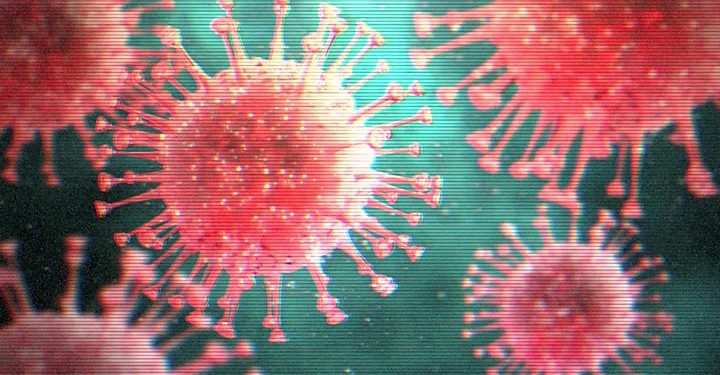New Delhi: From ‘I have flu like symptoms. Do I have coronavirus?’ to ‘Can we contract COVID-19 from ‘Made in China’ products?’, doctors are flooded with anxious queries that cover the serious-to-downright-silly spectrum.
With physical checks out of the reckoning, except in emergencies and that too in hospitals, the telephone has replaced the stethoscope and doctors are busy attending to calls by panic-stricken patients trying to come to grips with the coronavirus pandemic sweeping the globe.
The usual queue at clinics and hospitals might have disappeared, but doctors are as busy as ever and helplines – on television, hospitals and social media – are buzzing. The questions are many and bewildering in range, doctors said.
The most commonly asked questions relate to symptoms and prevention – ‘Will summer kill the coronavirus?’, ‘Should outside food and non-veg food be avoided?’, ‘Does smoking affect chances of recovery?’, ‘Are face masks useful?’, and ‘Are hand sanitisers better than soap?’.
And then the panic gives way to naivety with questions that leave doctors struggling for answers. Questions like ‘Can one contract the infection through mail coming from China?’, ‘Will sipping hot water kill the virus?’, ‘Are Indians more immune to coronavirus than others?’, ‘Is the risk higher in homes with tiles?’, ‘Are those with beards and moustaches more prone to the disease?’ and finally ‘Does sunbathing kill the virus?’ are leaving the doctors stumped.
Vishal Sehgal, medical director at Bangalore-based ‘Portea Medical’, said their WhatsApp chatbot service, launched in the third week of March, has received over 15 lakh queries from over 16 countries. Besides, they get over 100 COVID-19 related calls on their helpline every day.
“There is a lot of anxiety and doubts among people about COVID-19. They are mostly about what this virus is, how it works and what safety measures need to be taken. There are also a lot of queries on what one can do if they develop the symptoms. But sometimes the questions are simply absurd like, ‘Is it true that drinking beer can help with coronavirus’,” said Sehgal.
As the number of cases rise, so do the levels of ‘foolishness’, said some doctors. But, as the disease claims more lives every day, patience is the key.
Hemant Kalra, a pulmonologist with lybrate.com (an online platform that connects patients with medical professionals), said it is natural for people to start panicking when they consume such vast amounts of information from various sources. While media reports and health advisories might be reliable, there are also random WhatsApp forwards to contend with.
“My advice to people is not to fall prey to fake WhatsApp forwards and rely only on information coming from genuine sources,” said Vivek Nangia, director and head of department, Pulmonology, at Fortis Hospital.
Kalra added it is important to attend to these queries with a ‘balanced approach’. “Patients call us to understand whether they are at risk of contracting the disease and our strategy is to not create panic. We ensure that we handle the queries with a lot of compassion and patience, because everyone is scared for themselves and their families,” Kalra said.
PTI






































